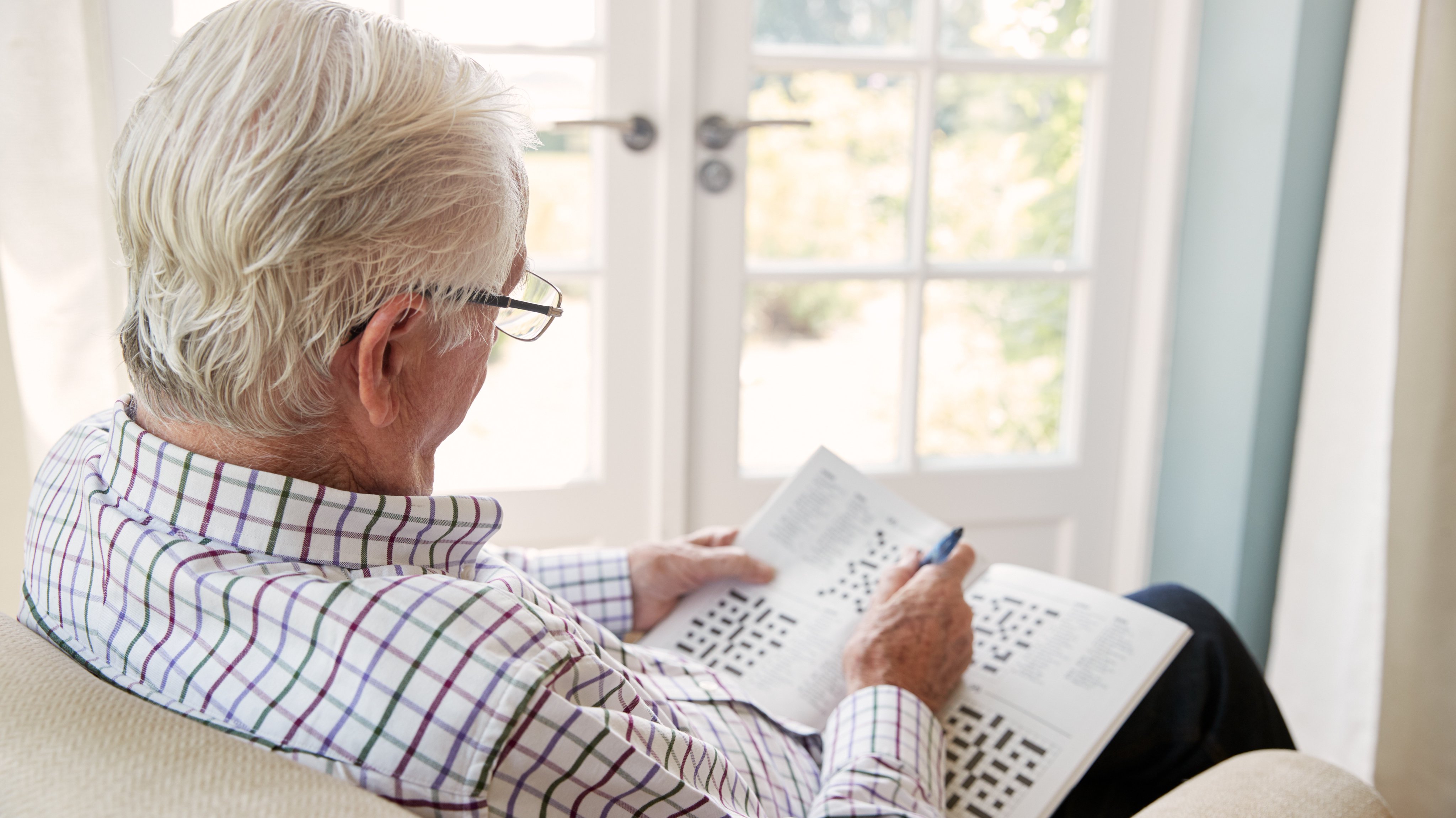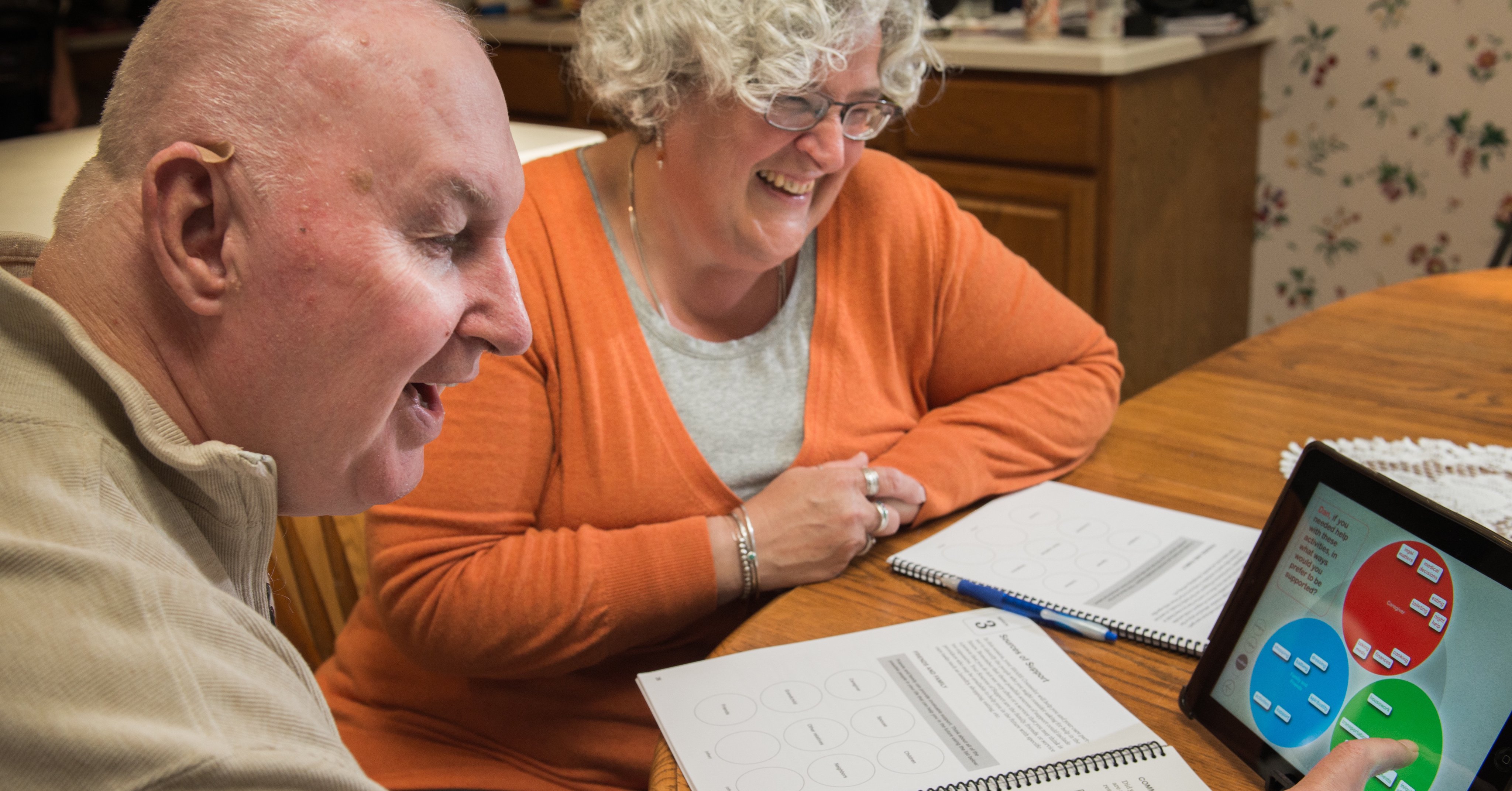Resources
Mobile Resource Library Tabs
Filters
Search
Categories Navigation
Asset Publisher
Content with Type Article .
Resources

Recognizing the Risks and Red Flags of Elder Abuse
Those who are assisting older loved ones likely try to do everything they can to keep that loved one safe, such as making sure they have a list of emergency contacts or assessing whether they can still safely operate a vehicle. However, sometimes the greatest threats to a loved one can be a person, whether family members, fellow caregivers, medical staff, complete strangers or even themselves. According to the National Council on Aging, approximately one in ten Americans aged 60 or older have experienced some form of elder abuse.
Read MoreBy Julie Hayes | 07/15/2021

Exercise Your Brain as an Older Adult with These 20 Memory Boosting Activities
There are a variety of techniques and strategies older adults can use to maintain and even improve memories. These memory boosters are mentally challenging and often fun, and they don’t involve medications that may have side effects that could potentially exhaust mental focus.
Read More07/15/2021

5 Tips to Prepare for a Conversation with Your Doctor About Dementia
Suspecting that you are suffering from memory loss can feel terrifying. When there’s a chance the answer to your symptoms may be “dementia,” it may seem tempting to avoid even asking the question. However, a missed or delayed opportunity to diagnosis dementia can have long-term consequences. Though confronting the possibility of dementia can be hard, an early diagnosis can make preparing for the future easier both on you and your loved one.
Read MoreBy Julie Hayes | 06/15/2021

Five Social and Emotional Benefits of an Early Dementia Diagnosis
Early detection and diagnosis of Alzheimer’s and dementia is a sticky subject. According to a recent study, nearly 90 percent of Americans said that if they were exhibiting confusion and memory loss, they would want to know if they had Alzheimer’s disease. Yet, over half of the people aged 45 and older with subjective cognitive decline indicated they had not talked with a healthcare provider about their questions and concerns.
Read MoreBy Michelle Palmer | 06/15/2021

Has Work Become Your Respite? The Reality of Working Caregivers
In 2019, approximately 73 percent of employees are responsible for some type of caregiving, and one in six workers are caregivers for an older adult. This role is fulfilled not just by middle-aged Americans: 6.2 million millennials make up 24 percent of unpaid caregivers, and one study shows that 14 percent of them have left the paid workforce completely, unable to balance work and caregiving responsibilities.
Read MoreBy Lisa Weitzman | 06/15/2021
